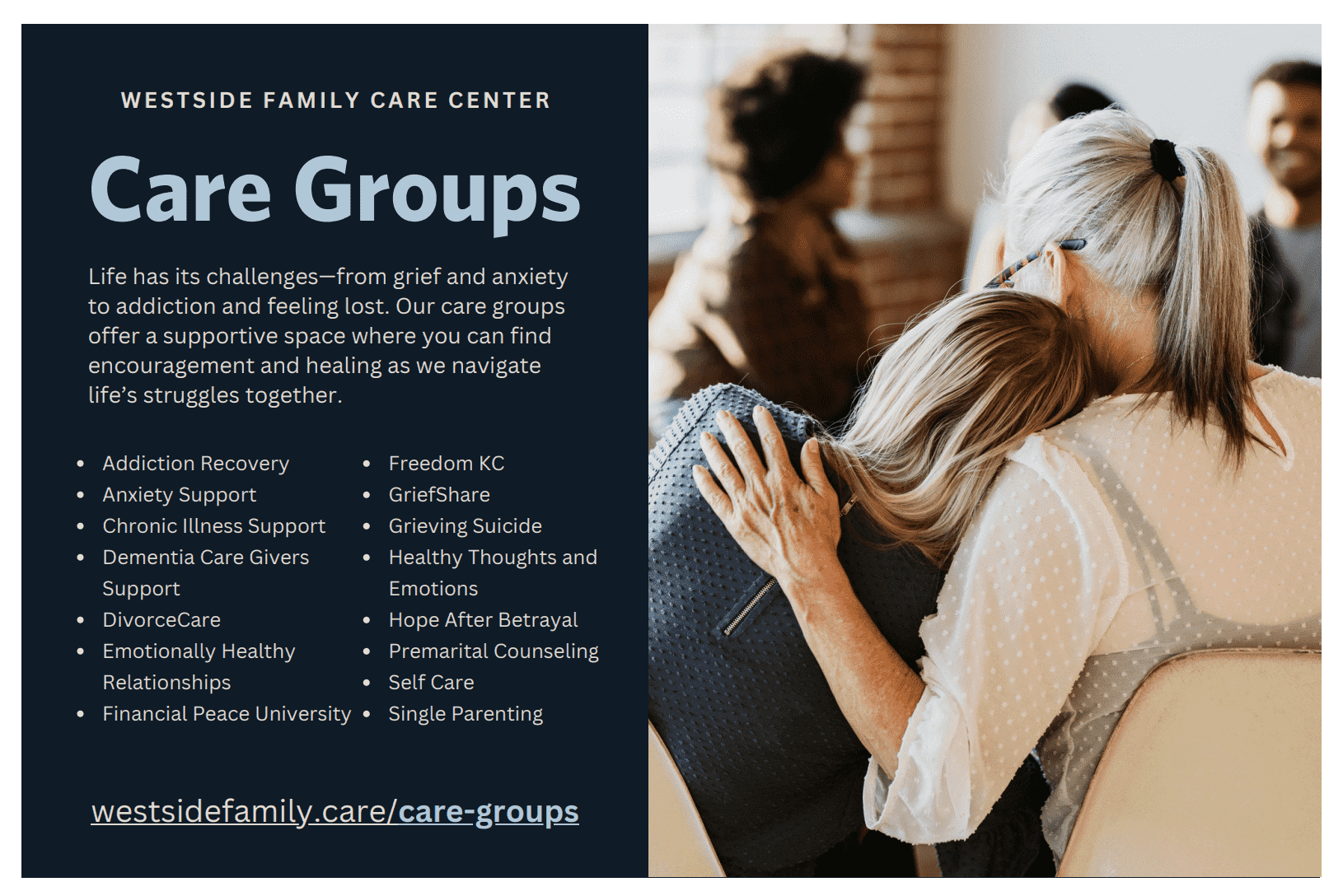The Key to Healthy Relationships: Communication
One of the key components to a healthy relationship is communication. Within any relationship—parent-child, husband-wife, co-workers, friends—communication involves both a speaker and a listener.
It is important to understand how to be an effective speaker, as well as an active listener, because healthy communication requires both roles.
Speaker
To be an effective speaker, we need increased awareness of our non-verbal language, the self-discipline to stay on topic, and the willingness to start the conversation at an appropriate time.
Non-verbal language includes our tone of voice, body language, facial expression, and eye contact. As a speaker, our verbal and non-verbal language must be congruent to prevent confusion to the listener.
Another part of awareness is the speaker’s responsibility to focus on communicating one topic at a time. Jumping around to multiple topics without concluding a topic has the potential of overwhelming the listener, which may result in the listener missing our main points.
The speaker also must find a mutually agreed upon time that is conducive to both the speaker and listener.
Communicating Emotions, Thoughts, and Needs
One communication skill the speaker can use is called an “I-statement.”
During an I-statement, we:
State how we feel (“I feel _____”)
State the problem (“I feel _____ when _____”)
Explain why (“I feel _____ when _____ because _____”)
Make a request (“I feel _____ when _____ because _____. I need/want _____.”)
Example:
“I feel ignored when you don’t take out the trash because I asked you to take out the trash this morning. I need you to be more reliable with taking out the trash.”
Gentle Start-Up
“Gentle start-up” is a phrase often used by Dr. John Gottman, a world-renowned therapist for his research in marriage and parenting.
A gentle start-up is a soft, non-confrontational approach to begin a conversation about a need, want, or desire.
It involves:
Using respectful verbal and non-verbal language
Avoiding extreme language such as “always” and “never”
Avoiding assumptions and premature conclusions
Considering the listener’s perspective before speaking
Listener
A listener’s participation in the conversation is equally important for effective communication.
The role of the listener involves:
A willingness to understand the speaker
The ability to regulate emotions and avoid defensiveness
Demonstrating empathy
Stay Engaged
Listeners should tune into what the speaker is saying, lean into the content being discussed, and ask open-ended questions when clarity is needed. A good listener validates the speaker and reflects what was said.
Regulate Emotions
Even when personally impacted, listeners must regulate their emotions. Helpful strategies include:
Practicing diaphragmatic breathing
Taking a 15–20 minute break when emotionally flooded, then returning
Jotting down what the speaker is saying to aid memory and reduce defensiveness
Show Empathy
Empathy means listening without judgment, validating without trying to fix, and letting the speaker know they are not alone.
One of the hardest skills of a listener is to truly understand before offering advice. Sometimes, advice is not what the speaker needs. A skilled listener might ask:
“What do you need from me right now?”
Becoming a Good Communicator
Becoming a good communicator requires practice in safe, trusted settings.
As speaking skills improve, you’ll feel more empowered to articulate authentically and vulnerably.
As listening skills improve, those around you will feel more seen and loved.
Mastering communication skills is one crucial element of having relationships that thrive.




